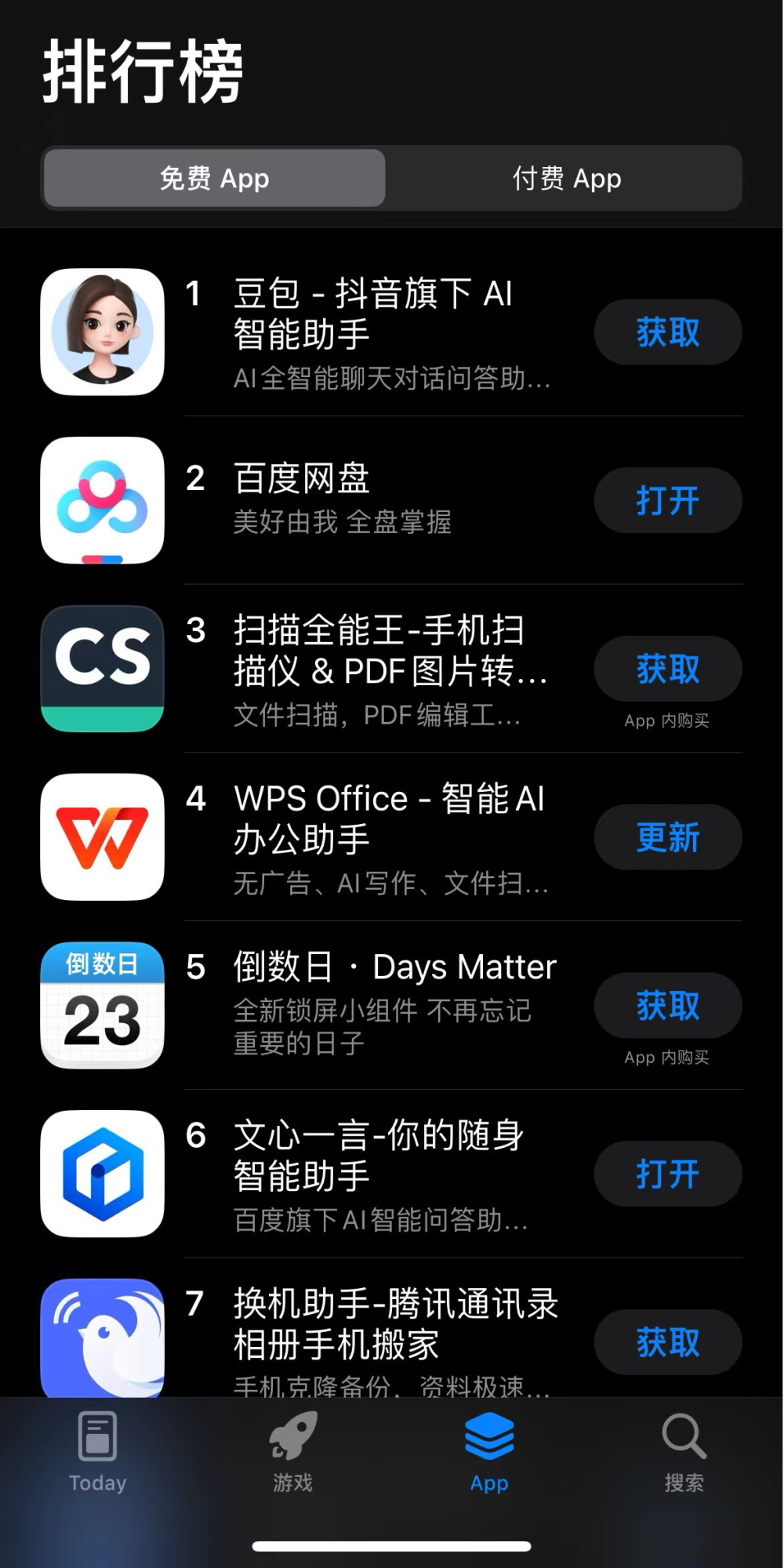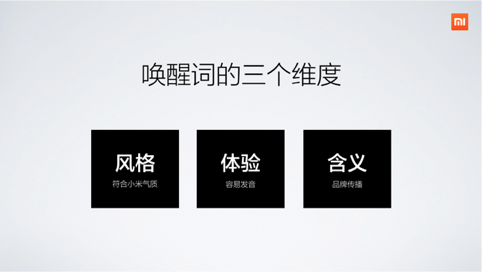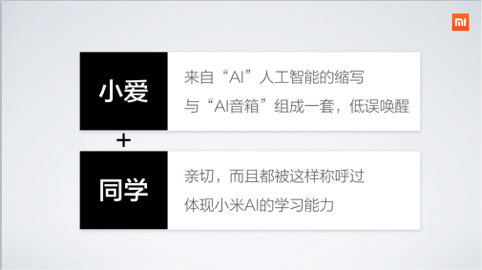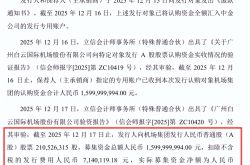"Naming Economics" of Large Model Products: The Simpler the Name, the More Popular the Product?
![]() 07/02 2024
07/02 2024
![]() 600
600

Written by: Smart Relativity
As the ancients said, "Giving a thousand gold coins to a child is not as good as teaching them a skill; teaching them a skill is not as good as giving them a good name." The art of naming is profound and mysterious.
In the past two years, when large models became immensely popular, domestic manufacturers put a lot of effort into naming their large model products, citing classics and coming up with various mysterious, high-end, and grandiose names.
Names like Tongyi Qianwen, Wenxin Yiyan, Zidong Taichu, Ririxin, Zhihaitu, Fengshenbang, Yuanchengxiang, Xinghuo, Pangu, Hunyuan, Tiangong, Jiutian... from four characters to three and then to two, each name sounds intimidating and carries a strong sense of Eastern mysticism, exuding a powerful aura.
Today, however, the naming of large model products has changed from the previous high-end style. Names of newly launched products like Doubao, Yuanbao, Kouzi, Kimi seem much simpler, even somewhat childish.
Is there some secret behind the down-to-earth naming of large model products?
Strong Contrast: From "Hunyuan Wuji" to "Hunyuan Baobao"
Tencent's AI large model is named "Hunyuan," which derives from Taoism's concept of "Hunyuan being Wuji, and Wuji giving birth to Taiji." In Taoism, "Hunyuan" represents the primitive state before the creation of the universe, the origin of all things.
With large models as the origin, AI has unlimited possibilities and creativity, able to give birth to various intelligent applications and services like the chaos at the beginning of creation.
The name "Hunyuan" carries Tencent's high hopes.
Is this very high-end?
Wait, an App product based on the Hunyuan large model has arrived, called "Yuanbao."
Comparing the two, "Yuanbao" seems somewhat childish.
But this is indeed a name that Tencent has considered carefully.
Even Ma Huateng personally promoted it on his WeChat Moments.

Regarding such a name with a strong sense of contrast, Wang Xin, Tencent's Hunyuan Product Director, once explained: "We don't want the product to be elitist, very niche, or customized for geeks. Yuanbao can be understood as the baby of the Hunyuan large model. We think this name will be cuter and easier to remember."
In other words, we don't want to be elitist anymore; we want to be down-to-earth, the easier to remember, the better, hoping that more users will like it.
It seems that Tencent hopes to bring large model products to the mass market faster through childlike naming.
And Tencent is not the only one holding this idea.
ByteDance's Doubao is considered the pioneer in naming large models in a childlike manner.
At the Volcano Engine Spring Force·Momentum Conference in mid-May, ByteDance officially released its self-developed large model, the Doubao large model, for the first time.
Previously, it was widely rumored that ByteDance's self-developed large model was called "Yunque."
Although Yunque is not as mysterious or grandiose as the product names of its competitors, it is still more formal than Doubao.
Of course, ByteDance is aware that such a name will undoubtedly raise questions from the outside world.
At the press conference, Zhu Jun, ByteDance's Vice President of Product and Strategy, took some time to explain.
ByteDance has three principles in the design of large model applications: anthropomorphism, closeness to users, and personalization.
Therefore, in naming, they also hope to base it on such principles, especially anthropomorphism. Zhu Jun said that they hope the product's name is anthropomorphic, like a nickname that users and close friends or family members are willing to use in daily life.
It can be said that behind the childlike names of both Tencent's Yuanbao and ByteDance's Doubao, there is a hope to use simple, memorable, and down-to-earth names to bring users closer to large models, making them willing to use them more often.
The simpler the name, the more popular the product?
According to the latest data, the download volume of the Doubao App has exceeded 100 million, with over 26 million monthly active users on both platforms, and a total of 8 million intelligent agents created.
On the App Store, the Doubao App ranks first in downloads among efficiency apps, surpassing other competitors and maintaining its dominance.

Achieving such outstanding results in such a short time is hard not to associate with whether it is indeed the simple name "Doubao" that has given Doubao an extraordinary destiny.
After all, in terms of the functional experience of current large model Apps, most companies are similar, with basic functions such as AI search, AI summarization, AI writing, AI translation, and personal agent creation.
It's not yet time to create a significant gap in functionality.
So, is a readable, memorable, and pleasant-sounding name really that important in product design?
In fact, it is very important.
Xiaoai Classmate is one of the most influential and highly recognized AI voice assistants today, with a monthly active user base of 78.4 million and a cumulative activated device count of 228 million.
However, this seemingly simple, daily, and down-to-earth name was carefully considered and discussed by the Xiaomi team for half a year before being finalized.
Initially, the Xiaomi team named the product based on three principles: first, it should be in line with Xiaomi's brand identity and be close to Mi Fans; second, it should be easy to pronounce; and third, it should have a good meaning.

Soon, the team proposed the name "Xiaomi Nana," with the wake-up phrase "Hi, NANA." It sounds like a neighborly girl.
However, testing revealed issues. Due to the pronunciation and recognition of overlapping syllables, the wake-up rate was not high, especially for people from Hunan and Hubei who struggle to distinguish between "N" and "L." Additionally, there were many cases of accidental wake-ups, such as when daily conversations included phrases like "Hey, that... you put..." which would be recognized and wrongly trigger the AI.
Later, after extensive research on pronunciation, user habits, and daily language usage, combined with considerations like the English abbreviation of artificial intelligence and the pinyin of "love" in Chinese, the Xiaomi team finally settled on the anthropomorphic and highly affable name "Xiaoai Classmate."

Today, "Xiaoai Classmate" has become a very successful classic case among local voice assistants, and its name has become a key term for many Xiaomi users to communicate and interact with the intelligent world.
Naming may seem simple, but there is indeed a lot of learning involved.
Especially coming up with a simple name is no easy task.
The interaction issues behind naming are the key password for AI to reach the masses.
Whether it's a large model or an AI voice assistant, its essence is AI.
In the design of AI products, interaction issues must not be overlooked.
And the first priority of interaction is name wake-up.
Undeniably, names that are simple, easy to read, and memorable tend to be more favored by users.
During the naming process of "Xiaoai Classmate," the Xiaomi team considered one point: the entire family uses it, with the elderly and children being the most frequent users, but it's a big problem for them to remember such an unfamiliar name. For a product heavily reliant on wake-up phrases, this undoubtedly reduces potential usage frequency. We had to adjust our direction again.
Then, as large models become more widely known and used by users of different ages and professions, the name becomes a crucial factor in product choice.
*All images in this article are sourced from the internet.





